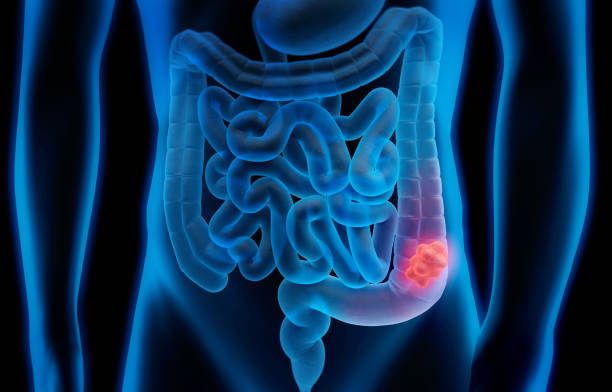Nursing Assignment On Colorectal cancer?

Table Of Content
- Types
- Symptoms
- Causes
- Risk factors
Types Of Colorectal Cancer
- Adenocarcinoma
- Gastrointestinal Stromal Tumors (GIST)
- Lymphoma
- Carcinoids
- Turcot Syndrome.
- Peutz-Jeghers Syndrome (PJS)
- Familial Colorectal Cancer (FCC)
- Juvenile Polyposis Coli
Symptoms Of Colorectal Cancer
- A persistent change in your bowel habits, including diarrhea or constipation or a change in the consistency of your stool.
- Rectal bleeding or blood in your stool.
- Persistent abdominal discomfort, such as cramps, gas or pain.
- A feeling that your bowel doesn’t empty completely.
The symptoms of colon cancer are similar in men and women. In some cases, women may experience irregular menstrual cycles, but these are not common in women. Most patients survive cancer of the colon for up to 5 years. Whether or not you get the disease is largely dependent on early detection and treatment. The ACS estimates the survival rates from 2010 to 2016. However, there is still no specific cause of colon tumors, but there are some factors that are associated with a higher risk of developing the disease.
Causes Of Colon Cancer
- Older age.
- African-American race.
- A personal history of colorectal cancer or polyps.
- Inflammatory intestinal conditions.
- Inherited syndromes that increase colon cancer risk
- Family history of colon cancer.
- Low-fiber, high-fat diet.
- A sedentary lifestyle.
Stages of colon cancer vary based on their cause and other risk factors. Physicians use this staging as a general guide to determine the condition of the patient and the best course of treatment. It is also important to know the long-term outlook of the cancer. A stage-0 lesion, also known as a carcinoma in situ, remains within the lining of the colon or rectum. The disease is in the pre-cancerous stage, so a simple removal of the lesion may be all that is needed.
The ACS has no definitive cause for colon cancer, although there are certain risk factors that increase your chances of developing the disease. While no single factor causes colon tumors, certain risk factors have been linked to a higher risk for colon cancer. In general, colon cancer is caused by changes in DNA in cells. This happens when the genes responsible for keeping cells alive and growing change. If you think you have a polyp, you should visit your doctor. Many polyps are benign and do not progress to cancer.
Hereditary colon cancer
While most cases of colon cancer are sporadic – caused by genetic mutations – about five percent are hereditary – there are still several hereditary cases. Hereditary colon cancer is rare and is usually found in men or women who have had both male or female parents with colon cancer. It can affect both sexes equally, but it is best to avoid the hereditary form. Moreover, the genetic risk of colon and ovarian cancer is higher among males than for females.
While colon cancer is caused by a variety of factors, increasing age is the leading risk factor. Research also shows that ethnicity can increase your risk of developing colon cancer. Those of African descent are at a greater risk for the disease. Those of Jewish origin are also at a higher risk for developing colorectal cancer. In addition, obesity and alcohol consumption have strong links to colon-cancer risk. Both of these factors are related to colon cancer, so you should avoid excessive alcohol consumption and avoid drinking during this time of life.
Risk factors Of Colorectal Cancer
- Lack of regular physical activity.
- A diet low in fruit and vegetables.
- A low-fiber and high-fat diet, or a壯陽藥
diet high in processed meats. - Overweight and obesity.
- Alcohol consumption.
- Tobacco use.
Moreover, the type of diet and physical activity you undertake will determine how effective these changes are. If you’ve been overweight or obese, you’re at high risk for colon cancer. Additionally, a history of Crohn disease is an increased risk of colon cancer. The longer you’ve suffered from this disease, the more likely you’ll develop it.




